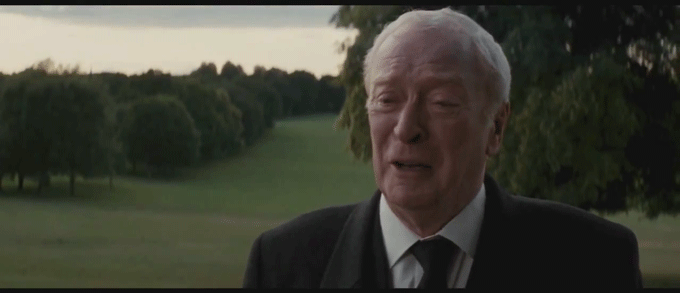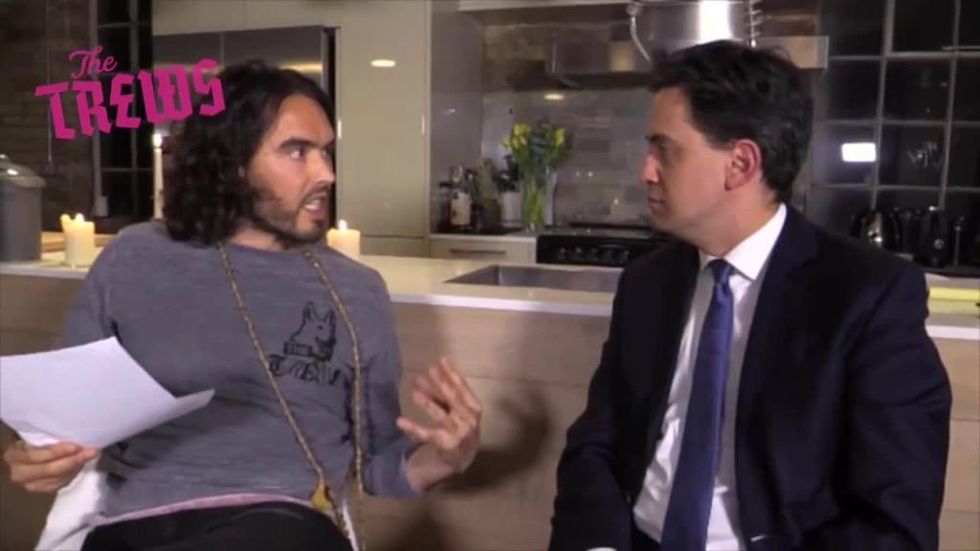News
Scenes
May 07, 2015
On May 7, millions of people will go to the polls and vote in the 2015 general election. But how will your vote have been influenced by the media?
Broadcasters, websites and newspapers; they have much more influence over your vote than you might think...
It's on the TV so it must be true
It seems you can’t turn on the TV without seeing politicians out and about, making speeches and more importantly meeting voters. What you don’t see is that the majority of encounters shown on TV are carefully stage-managed – with no detail left to chance.
Sometimes this is done by the broadcasters. They need a story they can sell to the public so an audience’s questions are often vetted by the broadcast team to ensure it fits within their narrative. More often things will be managed behind the scenes by the parties themselves. For example, the recent BBC interviews with the party leaders where the politicians chose the location, in this case inside their homes… you know portraying the whole “caring, loving family man” character.
Vice News takes us behind the scenes of the political spin machine...
Political spin: You spin me right round
Political spin is a magic trick - making you believe something that didn't actually happen.
Take any major political event – eg the leaders’ debates. The different parties seem to disagree over the result.
Read their version of events and you’ll go away thinking their candidate was the winner. Until you hear or read the other side of the story. Politicians run around the “spin room” where the journalists write-up the day’s events. They attempt to get sound bites and points of view embedded into the news as quickly as possible.
Rule of political spin: Make sure you get your story in first. Most politicians are so obvious when “spinning a story” that it’s easy enough to see through what they are doing. It’s harder to spot when you’re hearing it from a source you trust...
Tweet, tweet
Political spin-doctors often use social media as a tool to release images, statements and attacks on their rivals. When you see these it’s often because they’ve been shared by someone you know. You may not trust the political party – but you trust your mate to have shared or re-tweeted a good article. And so you read it. Like it. Share it. And so it continues…
These pieces are filled with short phrases such as “Long Term Economic Plan” “Coalition of Chaos” and “Britain succeeds when working people succeed” which can be easily repeated and shared. #RepeatEnoughTimesAndPeopleWillBelieveIt
Political spin: So don't believe everything you read...
Newspapers support different political parties. Most of the time who they pick is decided by whoever owns the newspaper.
Case study: Rupert Murdoch
Murdoch owns News Corporation – the company that ultimately owns The Sunday Times and The Sun. Murdoch has been linked to David Cameron several times, and in 2012 it came out that the pair had met five more times than Cameron has previously admitted. The Sunday Times has now backed the Conservatives. See how it works?
In another case The Telegraph published a letter from 100 top business leaders who gave support to David Cameron. The Telegraph has backed the Conservatives. In retaliation, Labour published an open letter from 100 “working people” who want Ed Miliband as PM. This was sent to The Guardian, a newspaper which has now told people to vote Labour.
I don’t know about you, but I’m seeing a pattern here...
See who the other newspapers are supporting in the general election
Political spin: Get a celebrity friend
It all started with Martin Freeman from the Hobbit and Sherlock backing Labour in a video. TV commentator Katie Hopkins entered the fray – saying she would leave the country if Ed Miliband got in as PM. Love her or hate her, this endorsement of the Tories seemingly back-fired as some people found this reason enough to vote Labour in itself.
Comedian and activist Russell Brand started out by telling people not to vote. Then he had a last-minute change of heart and backed Labour after a meeting with Ed Miliband.
Was this a genuine change of heart or was this political spin set up by Labour PR? We’ll never know – but with over a million subscribers, Brand is a force to be reckoned with. It’s difficult to know if celebrity endorsements actually influence voters, but events like these are likely to boost morale of party members.
What can I do to avoid political spin?
It’s all down to you.
Be aware that when you read or watch something the way it is edited will have an effect on what you see.
At Scenes of Reason we created a series: Defining the Political Parties.
We interviewed young members of each party – asking them ALL the same questions and edited the videos in EXACTLY the same way.
If that’s not enough, we even decoded the manifestos to tell you what the hell it all meant.
But even better – search online for your local candidate. Ask them a question about something that is important to you.
And make sure you vote!
For more like this follow @scenesofreason or visit scenesofreason.com
More: [Here's what the newspapers have been up to on election day]7
Top 100
The Conversation (0)















